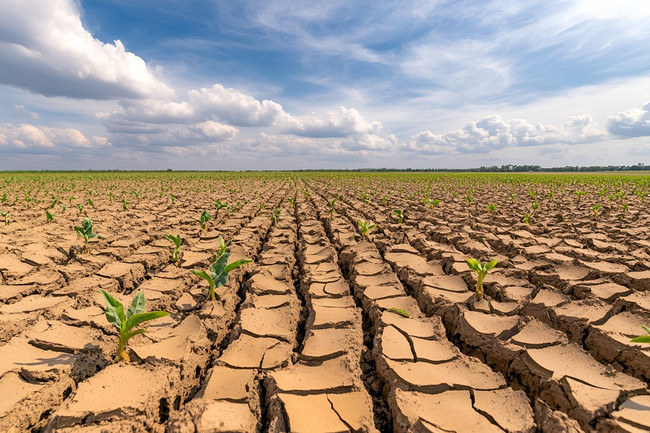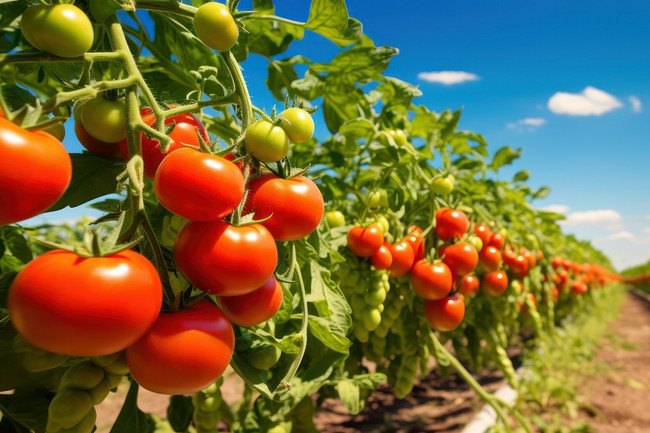✕

Column: industry Tag: crop hybridization tech Published: 2024-12-25 15:13 Source: www.foodingredientsfirst.com Author: Insha Naureen

As the impact of climate change on global farming becomes starker each year, agtech company lyris has developed a polyploid hybridization grafting process that makes it easier to farm at high temperatures. The process can help farmers grow crops like tomatoes, which have shown an average of 20–25% yield increase over the best-performing commercial alternatives.
This comes amid the F&B industry’s continued efforts to tackle the polycrises of economic, social and environmental factors, including climate extremes.
The patented method process replicates and significantly accelerates the natural evolutionary process of breeding genetic resilience into plant rootstocks. It aims to help farmers address their “most urgent” need — reliable, resistant crops that can mitigate and combat climate change.
“Over hundreds of years, farmers have invested their time, money and land into each crop season hoping the weather — over which they have no control — will allow their farm to be financially sustainable. At iyris, we are beginning to solve this problem,” says professor Mark Tester, co-founder of iyris and professor of plant science at Saudi Arabia’s King Abdullah University of Science and Technology.
The published rootstock patent is based on Tester’s research into resilient relatives of the tomato growing on sea-facing rock faces in the Galapagos Islands.
“Our non-GMO, patented process, which has been honed over many decades of research and proved as commercially viable, is set to be transformative for global agriculture. The potential impact that is hard to quantify.”
Tackling environmental stressors
As the global food production is estimated to need to increase by 50% by 2050 to feed soaring population rates, iyris says its innovation is “perfectly timed” given its potential to change the way that crops are grown. The method allows sustainable agriculture in “previously unviable territories” for farming.

The hybridization process makes crops more resilient to stressful abiotic environments such as salt, drought, heat and pests, delivering higher yields for farmers and reducing crop failure risk.
Additionally, the company notes that the timescale and predictability of genetic resilience trait integration are “significantly accelerated” compared to previous methods.
The company’s innovation can integrate multiple plant traits to crops simultaneously, while previous scientists and breeders targeted single traits and experienced low predictability rates for even a single integration.
Commercial viability of the tech
The processed tomato market (2023 data) is estimated at US$51.8 billion with 182 million tons produced annually, which iyris believes makes the market context for its hybrid tomato rootstocks “extremely positive.”
The hybridization process offers farmers a commercially validated and reliable solution to address tomatoes’ environmental and economic challenges, which are “worth billions of dollars annually,” says John Keppler, executive chairperson of iyris.
“We are delighted to be in a position to commercialize this patented process, and are excited to be working with leading horticulture brands who have already seen the value of our solutions.”
The company claims its resilient hybrid tomato rootstocks are already available in the market, along with partnerships with two of the world’s largest tomato producers.
Meanwhile, iyris and Tester have started research into other plant groups such as eggplants, melons and pumpkins, with the potential to increase commercial results and improve resilience exponentially.
Previous:European Commission allocates €132M to promote sustainable agri-food
Next:Whole Dogg and NutriFusion team up to naturally boost dog health
Hot key words
Hot Products
Popular Vendors